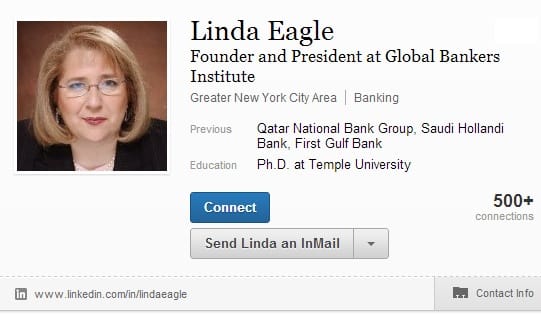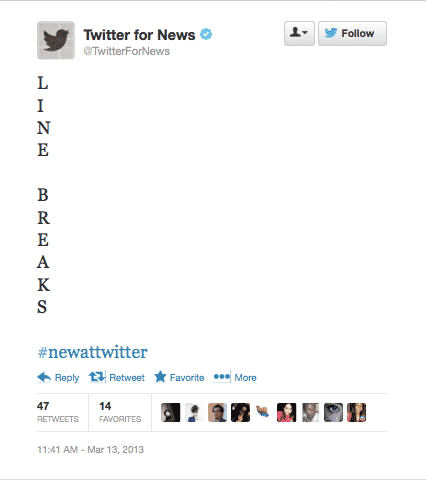If you have a LinkedIn account, then from now you should be very careful. Don’t share your LinkedIn password with any co-worker or colleague. Why? If they hijack your LinkedIn account, you won’t be covered, at least not by law. A verdict on a case where an employer hijacked the LinkedIn account of an employee after firing her leave citizens ‘uncovered’ by the law.
Linda Eagle was the head of the Pennsylvania-based Edcomm, and co-founded its Banker’s Academy. In 2011, the company fired her, and afterwards hijacked her LinkedIn account with a help of an employee with whom Linda had ealier shared her password with. Edcomm replaced Linda’s name and picture with the name and photograph of the person succeeding her. The company also changed the password of the LinkedIn account, thus making it impossible for Linda to retrieve her credentials.
Later on, Linda filed a case against Edcomm claiming that the company had violated the Computer Fraud and Abuse Act (CFAA) and ruined her reputation for which she lost more than $100,000 worth of business opportunities. But a federal judge rejected Eagle’s petition and ruled that because there are no direct monetary damages such as those associated with replacing a computer or computer component, it won’t hold up under the CFAA. The judge ruled that lost business opportunities are “simply not compensable under the CFAA.”
The court dismissed Eagle’s argument and said that there was no violation of law in replacing Eagle’s name with that of her successor. Pretty shocking, right? There is one good news though. The court has allowed the case to proceed on state law claims.
Source : Arstechnica
Thanks To : Business Insider
[ttjad keyword=”nokia-smartphone”]




